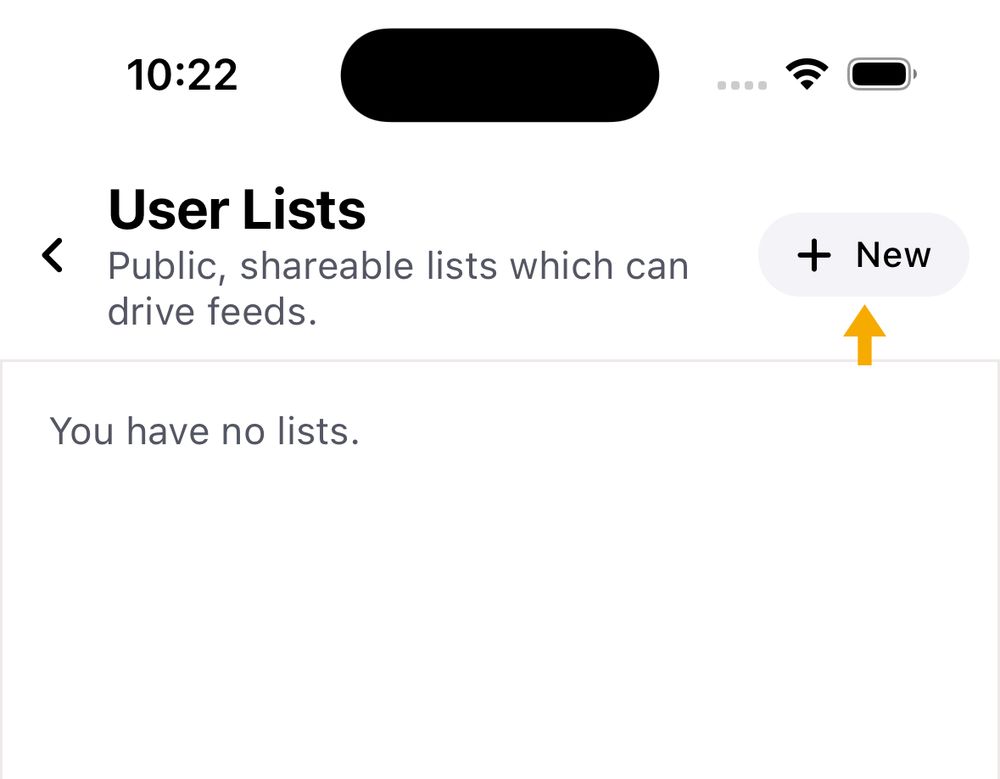
-> New paper with @kwinter.bsky.social, @kaisassenberg.bsky.social & Helen Fischer
🔗 doi.org/10.1080/2044...

-> New paper with @kwinter.bsky.social, @kaisassenberg.bsky.social & Helen Fischer
🔗 doi.org/10.1080/2044...
www.sciencedirect.com/science/arti...
www.sciencedirect.com/science/arti...
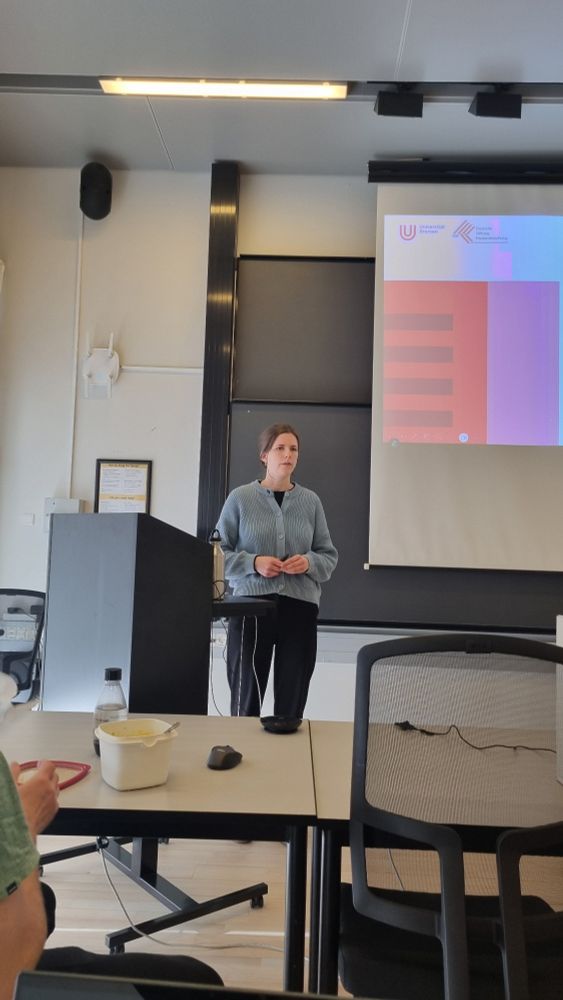
In 2 experiments, we found that unfollowing extreme influencers:
-Reduced partisan animosity by 24%
-Increased satisfaction with X
-Led people to share higher-quality news
Effects lasted for 6+ months.
osf.io/preprints/ps...
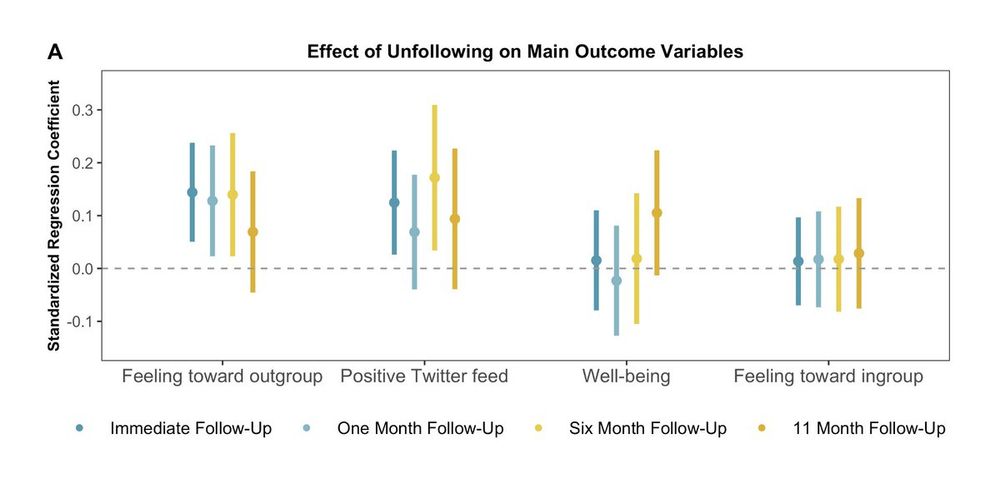
In 2 experiments, we found that unfollowing extreme influencers:
-Reduced partisan animosity by 24%
-Increased satisfaction with X
-Led people to share higher-quality news
Effects lasted for 6+ months.
osf.io/preprints/ps...
www.nature.com/articles/s41...

Die unten aufgeführte Studie (auch in Deutsch möglich) sucht noch Leute mit entsprechenden Erfahrungen, um bessere Hilfs- und Beratungsangebote zu schaffen.
Help us better understand anti-authority, anti-government, and/or sovereignist movements, beliefs, & ideologies.
We look forward to your participation & sharing our survey in your networks:
German Version: forms.office.com/r/nSfhRVf5ui
English Version: forms.office.com/r/a57GMCA4At

Die unten aufgeführte Studie (auch in Deutsch möglich) sucht noch Leute mit entsprechenden Erfahrungen, um bessere Hilfs- und Beratungsangebote zu schaffen.
We find that political sectarianism (a blend of othering, aversion, and moralization toward opposing partisans), robustly predicts antidemocratic tendencies. In contrast, affective polarization does not! osf.io/preprints/ps...
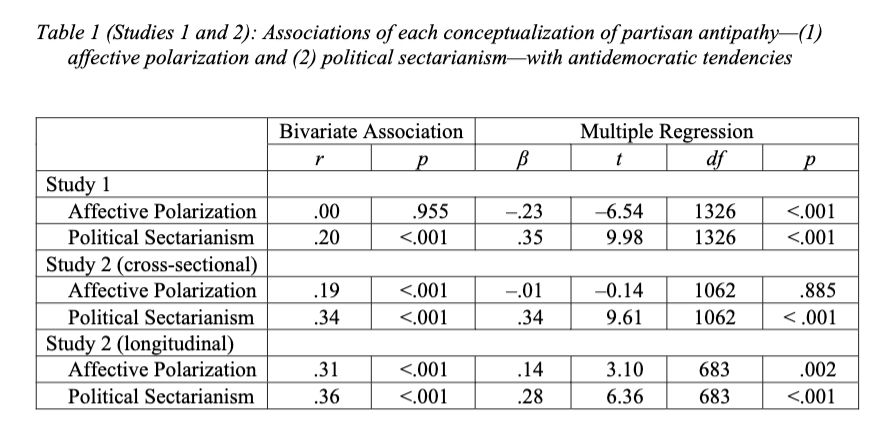
We find that political sectarianism (a blend of othering, aversion, and moralization toward opposing partisans), robustly predicts antidemocratic tendencies. In contrast, affective polarization does not! osf.io/preprints/ps...
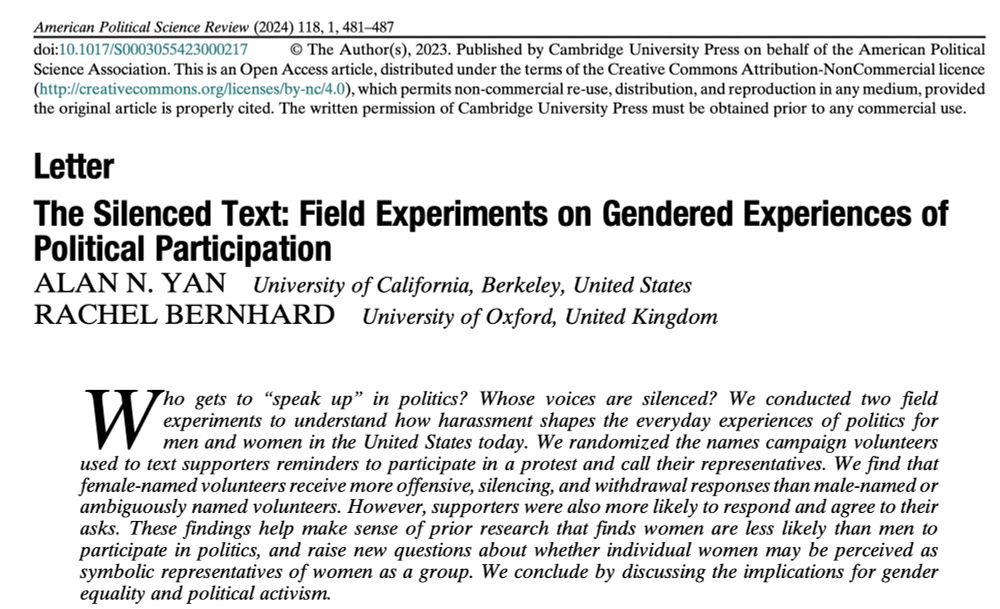



de.in-mind.org/article/der-...
de.in-mind.org/article/der-...
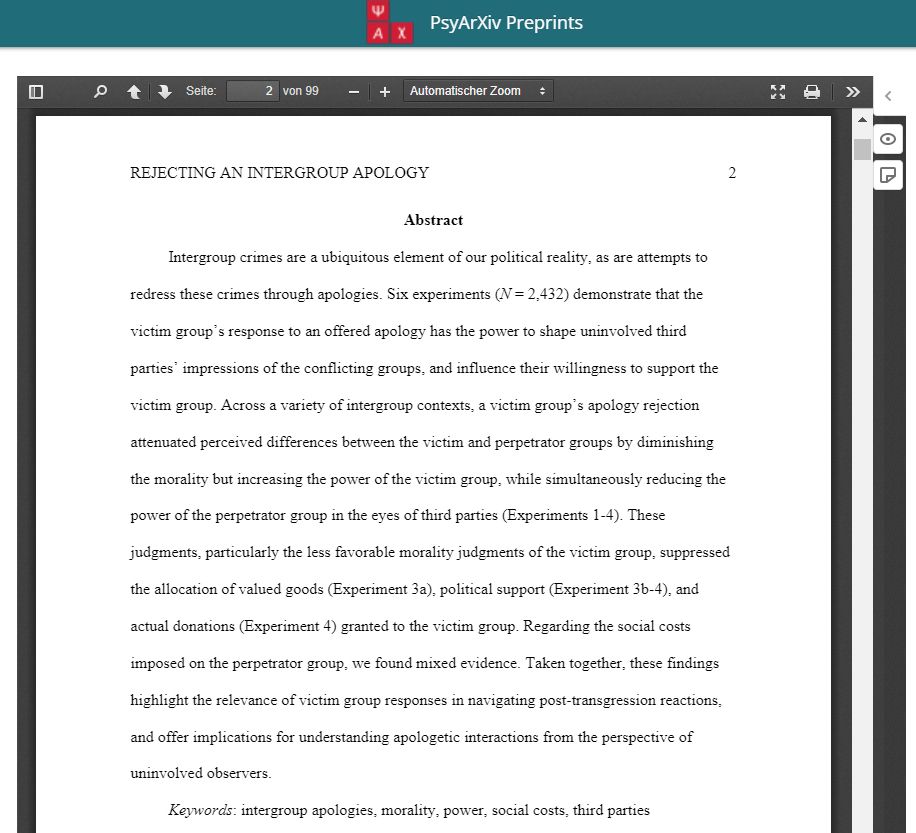

Are you interested in research on bias reduction? Come to work with me in Trier (Germany)! International applications very welcome!!
leibniz-psychology.onlyfy.jobs/job/ki64gegu
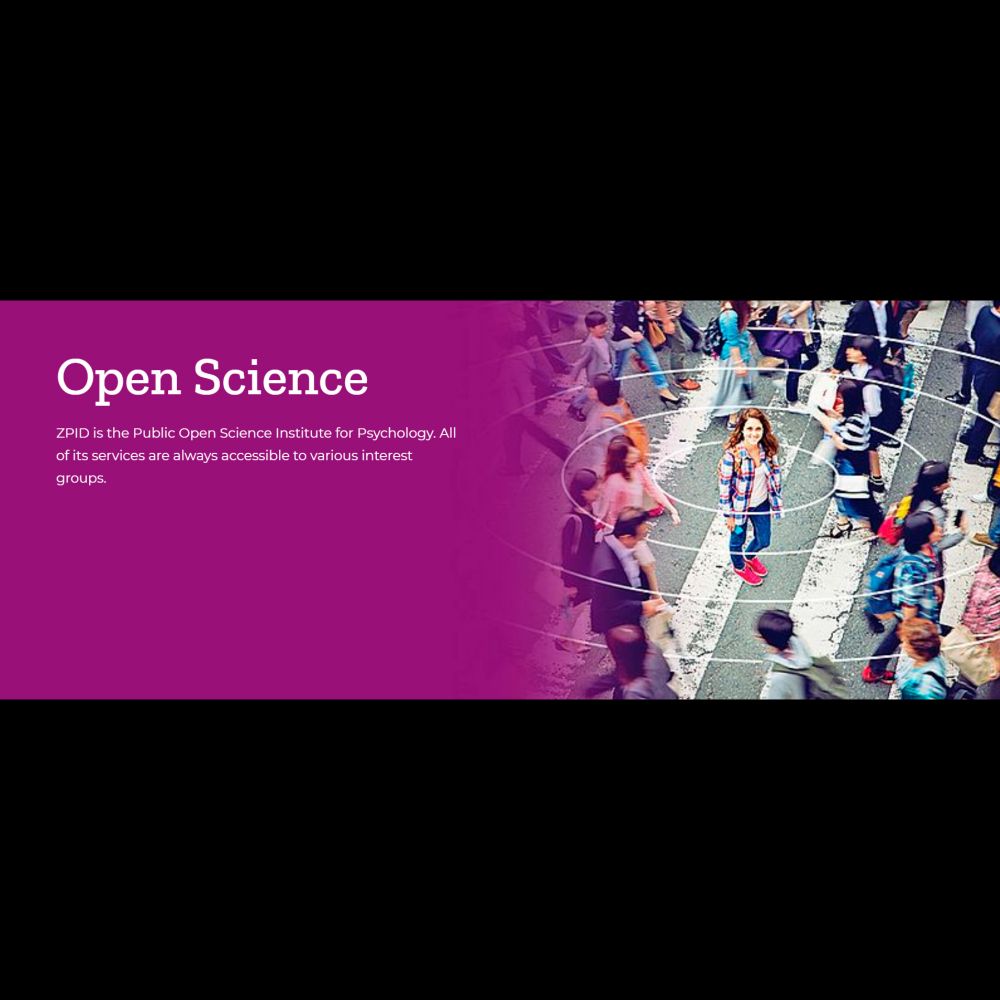
Are you interested in research on bias reduction? Come to work with me in Trier (Germany)! International applications very welcome!!
leibniz-psychology.onlyfy.jobs/job/ki64gegu
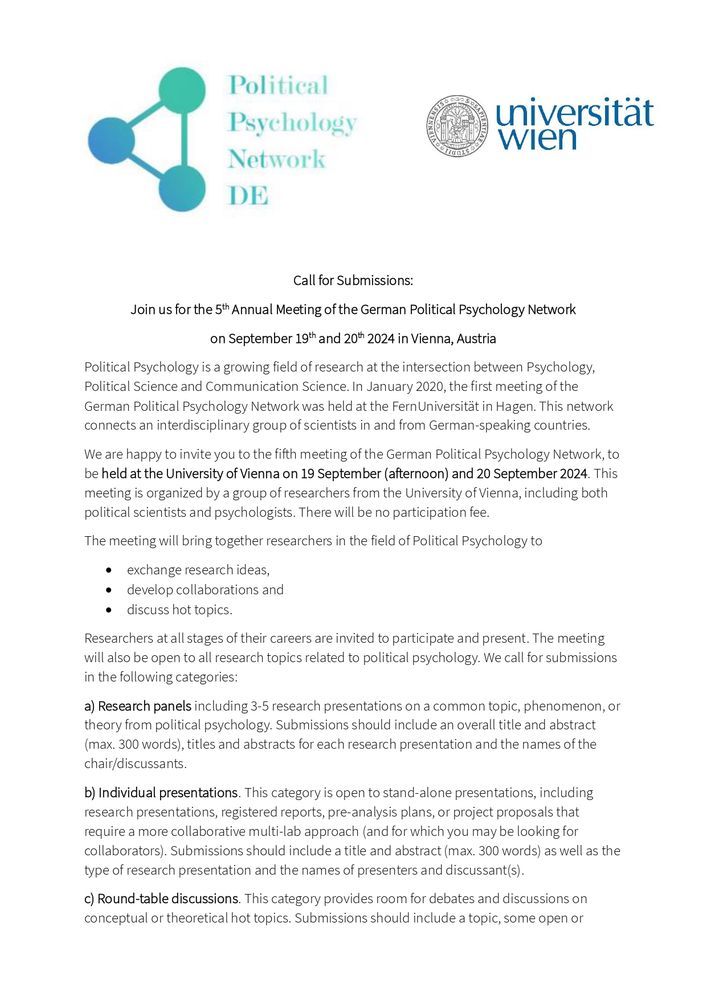
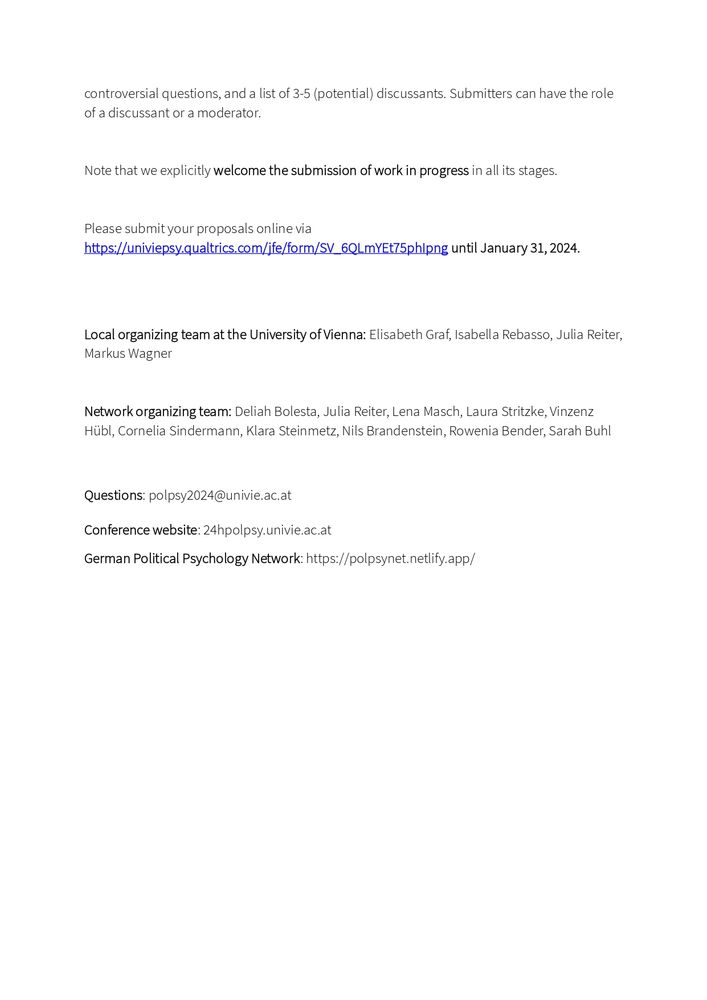
doi.org/10.1111/aphw...
doi.org/10.1111/aphw...
Our new published paper with so many wonderful researchers:
www.nature.com/articles/s41...
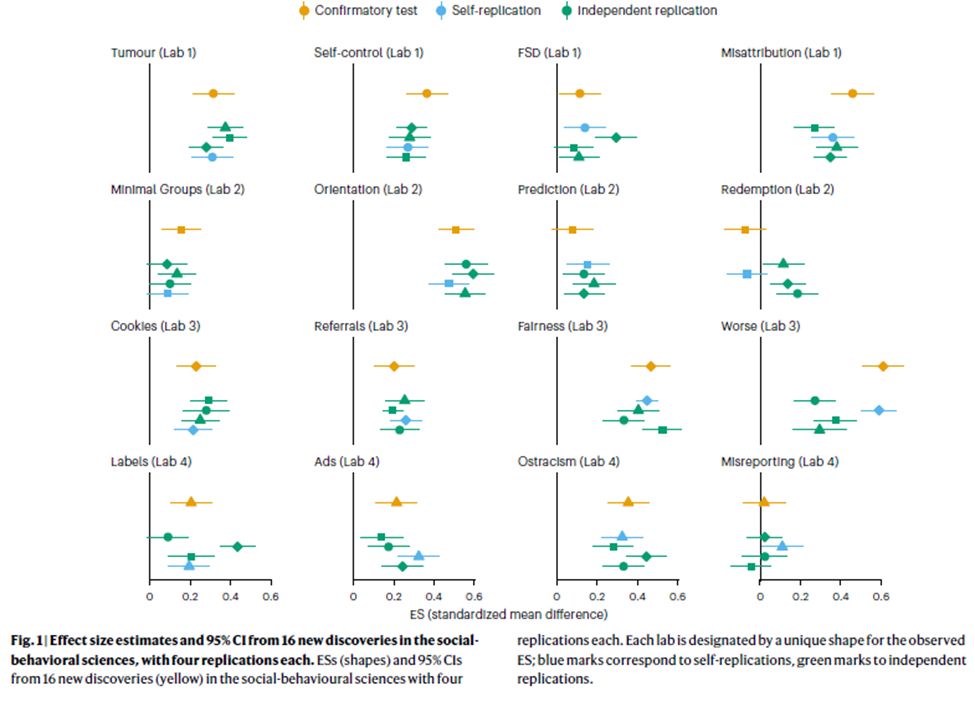
Our new published paper with so many wonderful researchers:
www.nature.com/articles/s41...
Danke, @hannocharisius.bsky.social & Klaus Wingen für den Input, und der KTS

Danke, @hannocharisius.bsky.social & Klaus Wingen für den Input, und der KTS
osf.io/preprints/psyarxiv/v9mzk/
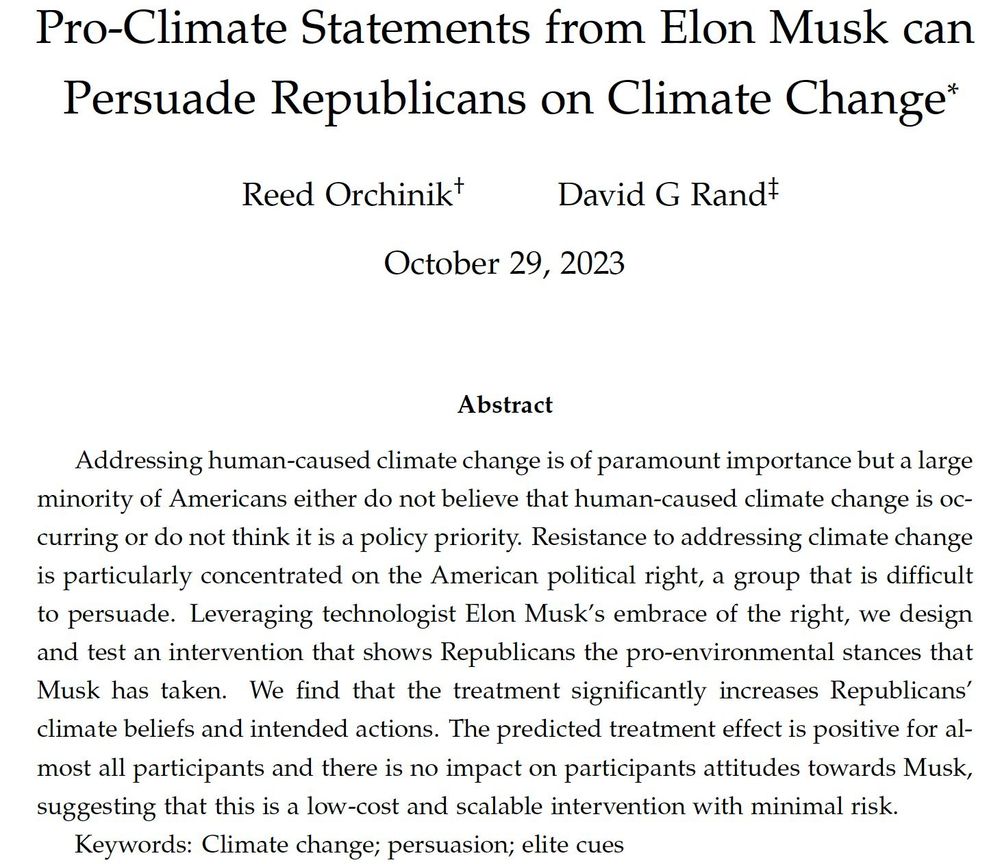
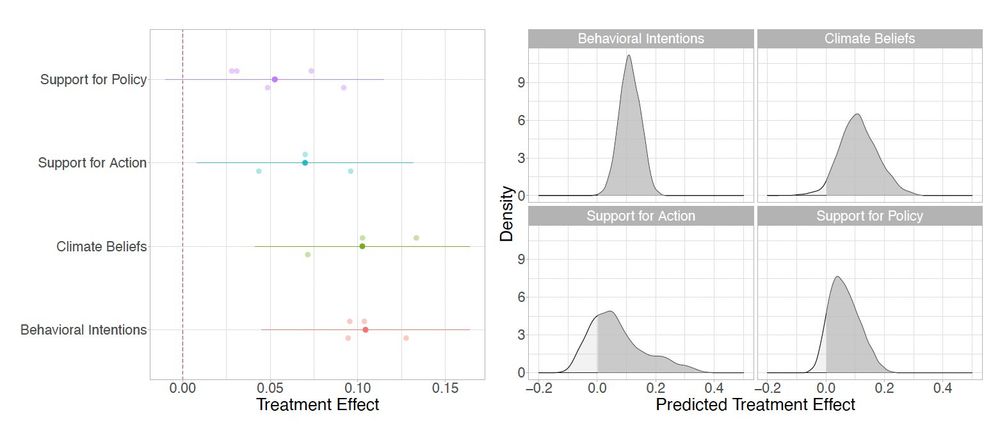
osf.io/preprints/psyarxiv/v9mzk/
They can require formatting changes at the revision stage.
This would save millions of wasted hours and remove one of the most mind numbingly stupid aspects of academia.
We also have the power to easily change this.
They can require formatting changes at the revision stage.
This would save millions of wasted hours and remove one of the most mind numbingly stupid aspects of academia.
We also have the power to easily change this.



